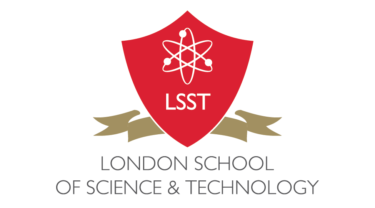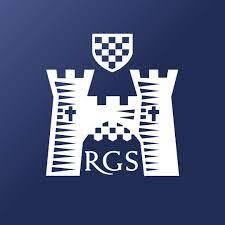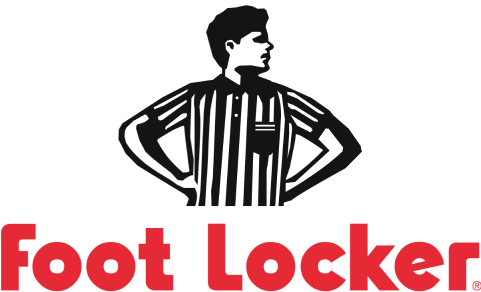The Evolving Role of HR: From Administrative Function to Strategic Partner
In today's dynamic business landscape, the role of Human Resources has transformed significantly. From being primarily focused on administrative tasks, HR has emerged as a strategic partner within organizations. This shift reflects the recognition that HR professionals can contribute valuable insights and play a crucial role in driving business success. In this blog post, we will explore the evolving role of HR, the factors driving this transformation, and the strategic value HR brings to organizations.
From Transactional to Transformational:
Traditionally, HR was primarily responsible for administrative tasks such as payroll, benefits administration and compliance. However, with technological advancements automating many of these functions, HR professionals now have more time and opportunity to focus on strategic initiatives. Today, HR is seen as a transformational function that aligns people strategy with overall business goals, driving organizational growth and success.
Strategic Workforce Planning:
In the evolving role of HR, strategic workforce planning has become a critical aspect. HR professionals analyze organizational needs, anticipate future skill requirements, and develop strategies to attract, retain, and develop top talent. By collaborating with business leaders, HR can align workforce planning with long-term business objectives, ensuring the right people are in the right roles at the right time.
Employee Experience and Engagement:
Another key area where HR has evolved is in prioritizing employee experience and engagement. HR professionals understand that engaged employees are more productive, innovative, and committed to the organization's success. They work towards creating a positive work culture, implementing employee development programs, and fostering a sense of belonging and inclusion. By focusing on employee experience, HR helps drive employee satisfaction and retention, ultimately impacting overall organizational performance.
Strategic Talent Management:
HR plays a strategic role in talent management, encompassing recruitment, onboarding, performance management, and succession planning. HR professionals collaborate closely with hiring managers and department heads to identify critical talent needs, implement effective recruitment strategies, and develop comprehensive performance management systems. By investing in talent development and succession planning, HR ensures a pipeline of skilled employees ready to assume key roles and drive the organization forward.
Data-Driven Decision Making:
As HR functions become more digitized, HR professionals have access to vast amounts of employee data. Leveraging HR analytics and insights, HR can make data-driven decisions to support strategic initiatives. From identifying skills gaps to analyzing workforce trends, HR professionals use data to inform their decisions, drive organizational improvements, and contribute to evidence-based people strategies.
The evolving role of HR from an administrative function to a strategic partner has transformed the way organizations approach people management. By focusing on strategic workforce planning, employee experience, talent management, and data-driven decision making, HR professionals play a vital role in driving organizational success. As businesses recognize the strategic value of HR, it is crucial for HR professionals to continue adapting, upskilling, and embracing their role as strategic partners in shaping the future of work.
Through this transformation, HealthBoxHR becomes a strategic enabler, helping HR professionals to align human capital strategies with overall business objectives and contributing to organizational growth, productivity, and employee satisfaction.































